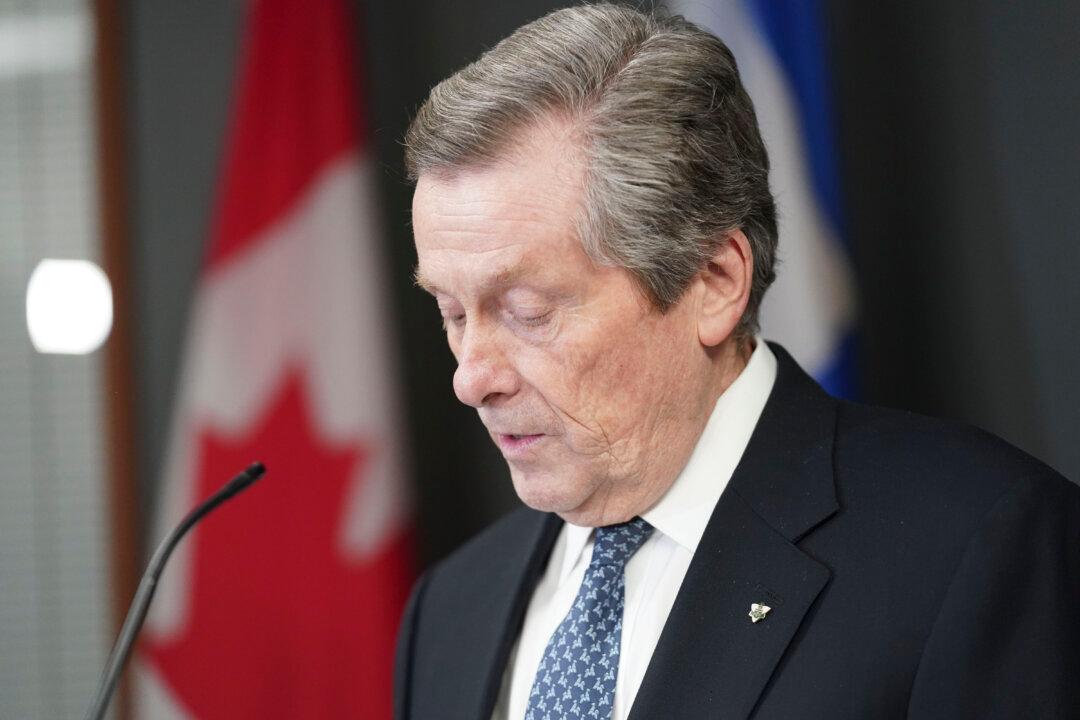Commentary
Politics can be a cruel master at times. Some politicians have had periods of fiery success resembling a mighty phoenix. Others have watched the flames fizzle out in a slow burn—and, in some cases, the most dramatic fashion imaginable.

Politics can be a cruel master at times. Some politicians have had periods of fiery success resembling a mighty phoenix. Others have watched the flames fizzle out in a slow burn—and, in some cases, the most dramatic fashion imaginable.